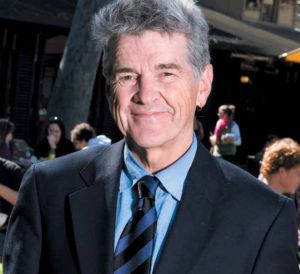


Welcome to the Centre of Full Employment and Equity - or CofFEE - which is an official research centre at the University of Newcastle. The Centre seeks to promote research aimed at restoring full employment and achieving an economy that delivers equitable outcomes for all.
CofFEE has an active research staff who work together with our Research Associates from other institutions to produce high quality and independent research on topics of public interest.
We are at the forefront of the development of Modern Monetary Theory (MMT) which provides an alternative understanding of macroeconomic policy.
Other major programs of public interest include our work on the Job Guarantee and public sector employment, the development of alternative labour market indicators (measures of underemployment and labour underutilisation), the development of a new geography based on Functional Regions, the development of CofFEE 1 - our large-scale macroeconometric model of the Australian economy, creating effective employment arrangements for youth with psychosis, and extensive work on regional development and local labour markets employing spatial econometric and other spatial analytic techniques.
In the past, we developed our CofFEE Labour Market Indicators, which provided a different view of the labour market than those typically available in the press. We created an hours-based measure of underemployment on a quarterly basis before the official statistician began publishing a quarterly series. We stopped producing this series once the ABS began to release its own series.
We have also created measures of Employment Vulnerability (EVI) which estimates the risk at suburban level of job loss in Australia in times of recession.
In 2023, we released a new index - the Financial Resilience Barometar (FRB) - which estimates spatial distributions of financial risk for households.
CofFEE is active in public education and we endeavour provide a range of publications, including all of our working papers and occasional reports and submissions to various public enquiries for free.
Our on-going commitment to public education manifests in the Director's daily blog.
We welcome community involvement in our activities and are available for public lectures. Our research staff regularly speak at professional and public policy conferences within Australia and abroad.
Professor William Mitchell, Director